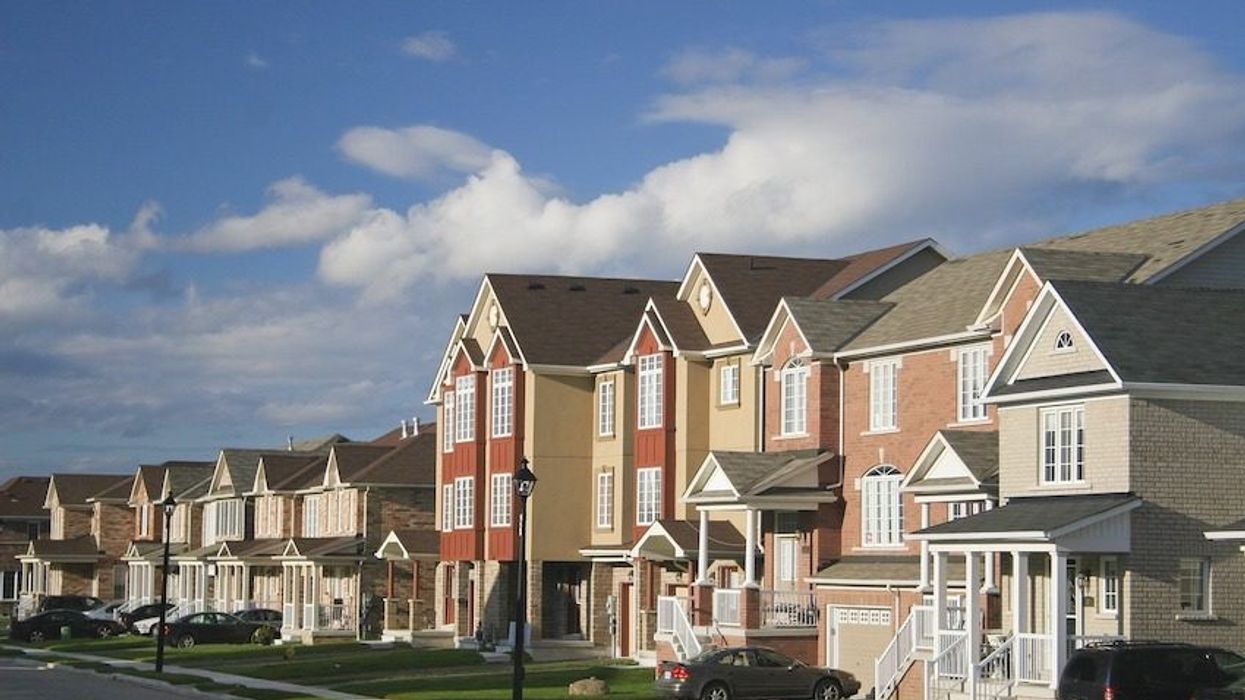As Ontarians take to the polls tomorrow to vote in the 43rd provincial parliament, housing unaffordability -- and how each party has pledged to address it -- is sure to be top of mind.
That’s prompted the Toronto Regional Real Estate Board to call upon the eventual winner to “take serious action” following the election by prioritizing housing policies to amp up the supply of both rental and ownership housing.
The board is also imploring the incoming government to beef up home buyer consumer protections under the new Trust in Real Estate Services Act (TRESA), addressing any existing loopholes with a review of out-of-date exemptions, and rule oversight.
A number of policy measures have been proposed, aimed at increasing housing supply and protecting the interests of consumers:
- Require municipalities to modernize their exclusionary zoning policies by allowing more flexibility in the municipal building approval process for gentle density, with a focus on plex housing such as duplexes, triplexes and fourplexes. The recommendation is similar to the one made by the incumbent-provincial government-appointed Housing Affordability Task Force, which called for “as of right” zoning to allow up to four-storey, four-unit dwellings on plots traditionally zoned for single-family housing.
- Review exemptions under the Trust in Real Estate Services Act (TRESA), specifically those loopholes that allow other parties to sell homes without the strong system of protection consumers enjoy when working with brokers and salespeople registered under the Act
- Doubling the Land Transfer Tax rebate for first-time home buyers, from $4,000 to $8,000 to keep pace with increases in housing prices; and
- Indexing the Land Transfer Tax rebate for first-time home buyers to inflation to ensure that it maintains its purchasing power in the years ahead.
“The Greater Toronto Area (GTA) is one of eight real estate markets in Ontario to have an average home price over a million dollars. If we don’t take bold steps now, we risk driving young families right out of the GTA and province to find a home they can afford,” stated TRREB President Kevin Crigger. “Our recommendations are based on clear evidence, and we urge the government to make this the key criteria when making policy decisions."
READ: How Each Provincial Party Plans to Address the Ontario Housing Shortage
“Ontario’s housing affordability challenge is truly a province-wide issue and will not fix itself. We are at a turning point, and we need significant leadership from the government to ensure more Ontarians can find a great place to call home. With housing at the forefront of this election, it’s now up to voters to decide which provincial political party they are supporting,” said TRREB CEO John DiMichele.”
Home prices have been rising for decades in the province, and especially within the past 24 months as the pandemic drove fresh buyer urgency. According to the Canadian Real Estate Association, the Home Price Index for Ontario has increased 18.8% in the last 12 months alone, to $985,354. In contrast, the national HPI rose 7.4% year over year to $746,146.
Each political party has built a number of housing-related promises as part of their platforms; each has committed to increasing housing supply by 1.5M units over the next decade.





















